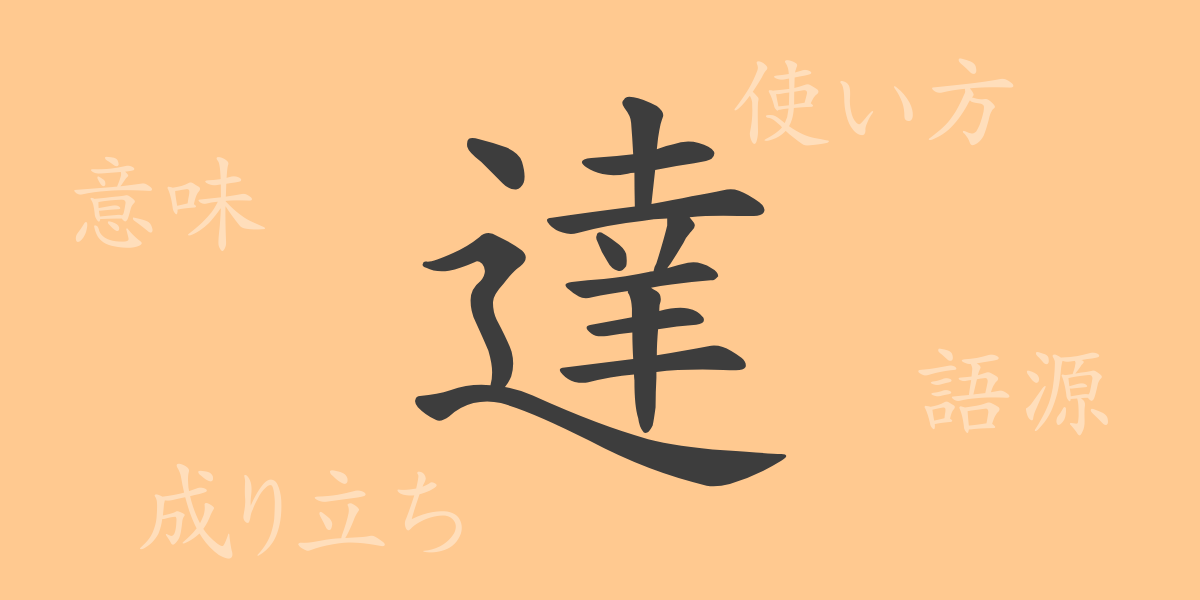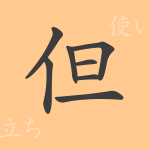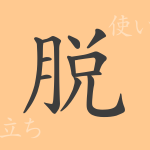In Japanese, numerous kanji characters enrich the expression of emotions and situations, among which “達” (たち) (tachi) plays an indispensable role in denoting groups of people or states of being. This article delves deep into the charm and usage of the common kanji “達,” exploring its origins, meanings, and applications. Understanding the history and significance behind each kanji can enhance our grasp of the Japanese language.
Origins of ‘達’ (たち) (tachi)
The kanji “達” evolved from an ancient Chinese pictograph, originally depicting a person standing upright on a path, symbolizing the action of progressing along a way. Over time, “達” came to represent people moving together in groups and further evolved to express the achievement of states or the expansion of various concepts.
Meaning and Usage of ‘達’ (たち) (tachi)
“達” carries meanings like “to achieve” or “to reach,” indicating the attainment of a destination or goal. It is also used as a suffix following names or objects to indicate plurality, such as “友達” (ともだち) (tomodachi) for multiple friends, and “彼達” (かれたち) (karetachi) for a group of males. Thus, “達” plays a crucial role in transforming singular nouns into collective concepts.
Readings, Stroke Count, and Radical of ‘達’ (たち) (tachi)
Understanding the readings and structure of the kanji “達” is also important:
- Readings: The on’yomi (Sino-Japanese reading) is “タツ” (Tatsu), and the kun’yomi (native Japanese reading) is “-たち” (-tachi).
- Stroke Count: “達” consists of 12 strokes.
- Radical: The radical is “辶” (しんにょう), which signifies walking along a path.
Phrases, Idioms, and Proverbs Using ‘達’ (たち) (tachi) and Their Meanings
There are numerous idioms and phrases involving “達” in Japanese. For example, “目標達成” (もくひょうたっせい) (mokuhyou tassei) means to achieve a goal, “意見一達” (いけんいったつ) (iken ittatsu) signifies unanimous agreement, and “意を達する” (いをたっする) (i wo tassuru) means to convey one’s thoughts or intentions. All these reflect the fundamental meaning of “達” related to reaching an objective or state.
Summary on ‘達’ (たち) (tachi)
The common kanji “達” has played a significant role in Japanese from its formation to contemporary usage. More than just a character, “達” embodies a deep history and meaning that enrich our expressions in Japanese. This article hopes to deepen your understanding of “達,” aiding in your use of more precise and expressive Japanese.

























